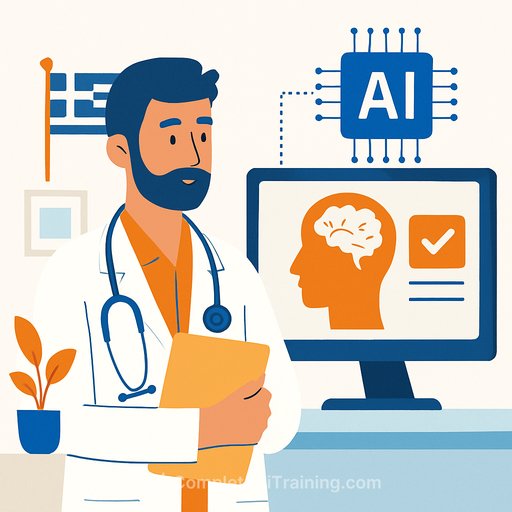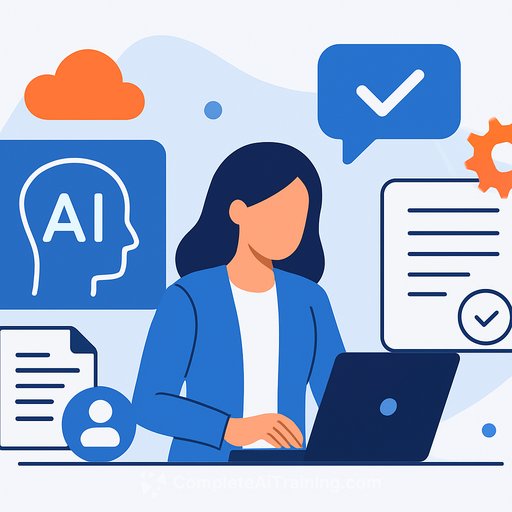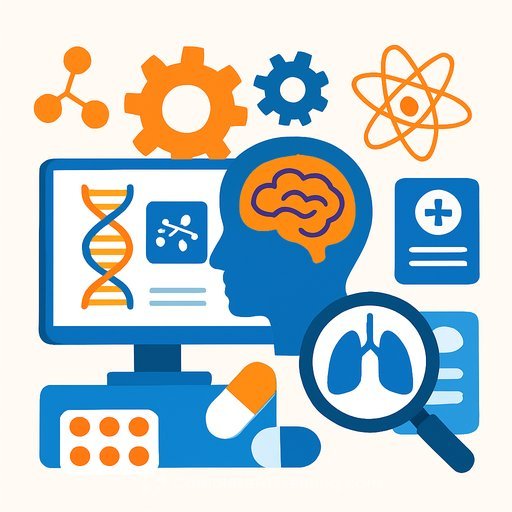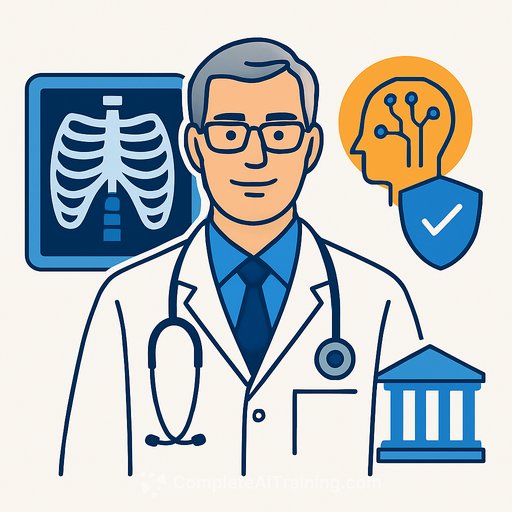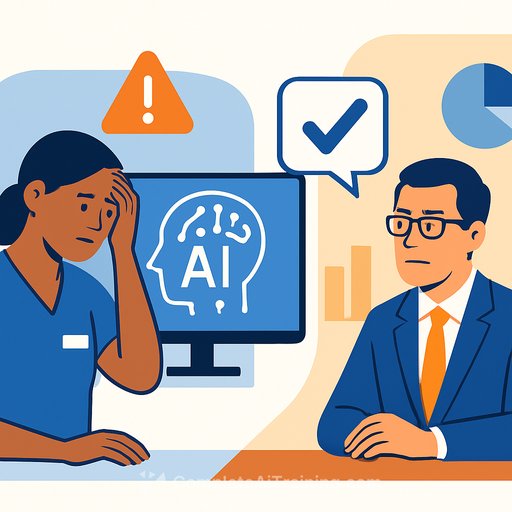This Small-Town Greek Doctor on How He Uses AI: ‘Without AI, Q Fever Might Not Have Been on Our List’
In Ioannina, a quiet lakeside town in northern Greece, Dr. Thomas Tzimas is using artificial intelligence in his daily work at the General Hospital of Ioannina “G. Hatzikosta.” His approach shows how AI can support healthcare professionals in practical ways without replacing the essential human touch.
AI as a Practical Assistant
Dr. Tzimas relies on AI as a tool to speed up and improve accuracy in routine tasks. He inputs solid data, reviews AI outputs carefully, then proceeds with patient care. This method helps with administrative tasks such as communicating patient information to insurance companies or family doctors.
Spotting Drug Interactions and Dosage Adjustments
One clear benefit is AI’s ability to quickly check drug interactions, something clinicians often struggle to access on the spot. AI also assists in adjusting drug dosages for patients with kidney or liver problems, ensuring safer treatments.
Managing AI Accuracy
Concerns about AI inaccuracies, or “hallucinations,” are real but manageable. Dr. Tzimas explains that setting the AI’s “temperature” to a low value (around 0.3) keeps the system focused and prevents it from generating false information. Experienced clinicians can also identify and correct any AI mistakes.
Using AI Beyond Medical Decisions
AI helps Dr. Tzimas with more than clinical decisions. He uses it to write diplomatic emails, especially to resolve conflicts among junior doctors, maintaining professionalism and calm. AI also aids in creating teaching materials—transforming complex medical cases into multiple-choice questions for training sessions, and summarizing lengthy medical articles for easier discussion.
Supporting Diagnosis and Rare Disease Detection
AI tools help narrow down possible diagnoses from broad symptoms. For example, when a patient exposed to dust at a sheep and goat stable presented with fever, AI suggested Q fever, a rare disease that might have been overlooked otherwise. Although the diagnosis was eventually ruled out, AI’s input expanded the clinical investigation.
Patients and AI
Some patients consult AI tools themselves, similar to how they once Googled symptoms. They might come in quoting AI-generated suggestions, which doctors need to address professionally. This trend makes it important for healthcare providers to integrate AI into their workflows to stay ahead.
Reducing Administrative Load
AI reduces time spent on paperwork. Dr. Tzimas dictates notes on his phone, then uses AI to format emails or transcribe paper documents into digital archives. This streamlines communication and record-keeping, freeing more time for patient care.
AI Won’t Replace the Doctor’s Senses
Despite its capabilities, AI can’t replace the physical examination skills of a doctor. Listening to lung sounds, palpating the abdomen, or noticing a patient’s breath smell are critical for diagnosis. Human interaction, including observing a patient's behavior and hygiene, remains vital. AI serves as a support tool but relies on the clinician’s experience and senses.
Improving Work-Life Balance
By cutting down time spent preparing teaching materials and handling routine tasks, AI gives Dr. Tzimas more time for personal life. This demonstrates how AI can enhance efficiency without compromising care quality.
For healthcare professionals interested in practical AI applications, exploring focused AI courses can be helpful. Resources like Complete AI Training’s courses for healthcare workers offer hands-on knowledge to integrate AI effectively into medical practice.
Your membership also unlocks:

